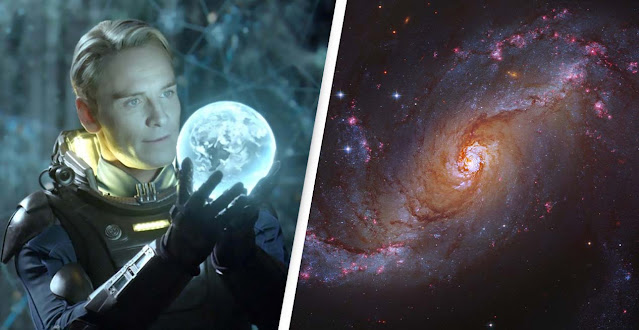A Harvard scientist has proposed a novel theory for how our cosmos came to be: in a laboratory by a higher "class" of lifeform.
Avi Loeb, bestselling author and former chair of Harvard's astronomy department, wrote an op-ed in Scientific American this week arguing that the cosmos may have been created in a laboratory by an "advanced technological civilisation." If true, he claims, the genesis myth will reconcile the religious concept of a creator with the secular concept of quantum gravity.
Loeb wrote: “Since our universe has a flat geometry with a zero net energy, an advanced civilization could have developed a technology that created a baby universe out of nothing through quantum tunnelling,”
The civilization categorization system is one of the most intriguing concepts mentioned in an article full of them. According to Loeb, humans are class C as a low-level technological civilisation (or a civilization dependent on its host star).
If and when our technology advances to the point where we can be self-sufficient from the Sun, we will be classified as class B. We'd be class A if we could produce our own baby universes in a laboratory (like our theoretical creators).
Of course, there are other obstacles on our path, the most significant of which is our inability to generate a "large enough density of dark energy inside a small region," according to Loeb. However, if and when we achieve it, we'll be able to join our theoretical creators in class A!
In any event, the theory is fascinating, enlightening, and a little terrifying. If Loeb's previous theories are to be believed, we're likely not the only ones striving for class A classification.
You can read the complete article here.

